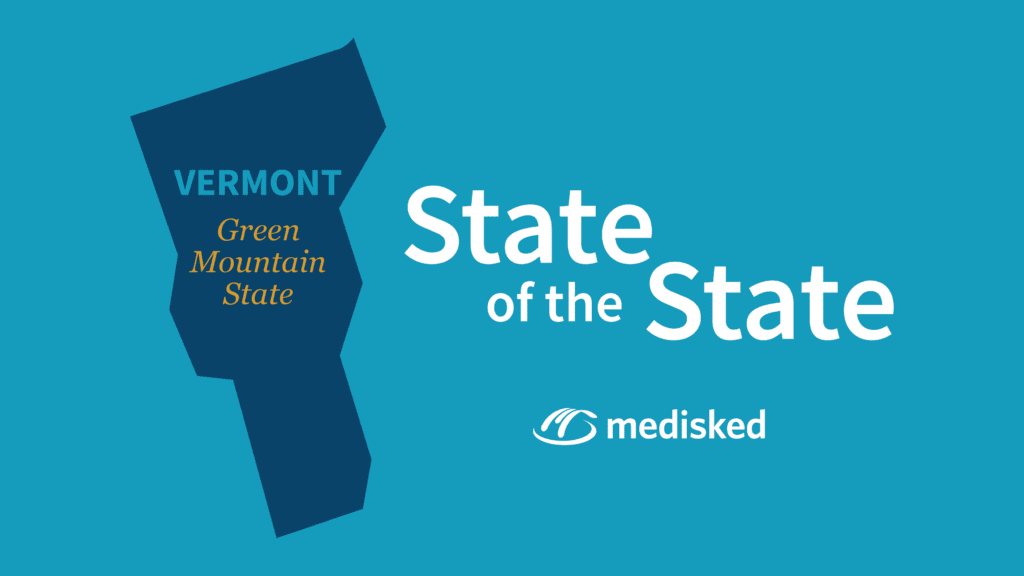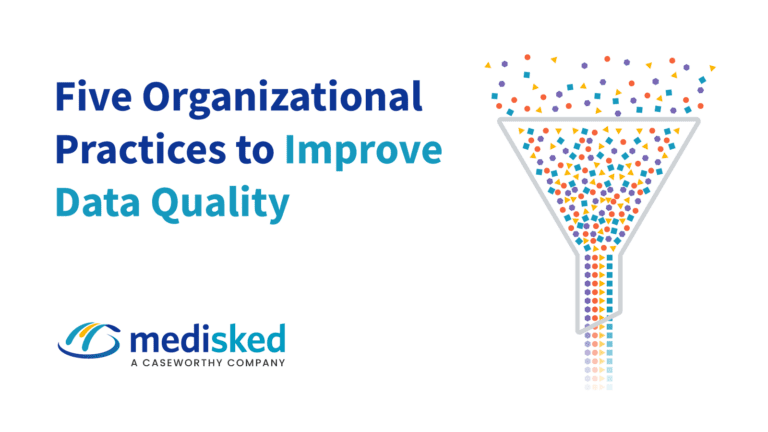Background on the HCBS Final Rule
“A perfect method for adding drama to life is to wait until the deadline looms large.” –Alyce Cornyn-Selby
All jokes aside, the deadline for compliance with the HCBS final rule is quickly approaching.
To recap for those that may not have been following this series, in 2016 CMS issued their Final Rule which outlined a number of policies that states would need to enact in order to stay in compliance with the administration. One of those policies was implementing a conflict free case management structure that would allow the focus to be put on the individuals receiving services without undue influence.
They set the initial deadline for March of 2020 but due to unforeseen world events later extended it to March 2023. Although snow has not flown at the MediSked headquarters yet, winter is on our doorstep and states are going to need a plan to get into compliance very soon.
Vermont’s Proposal
Vermont is one of several states that have not come into compliance with the Final Rule. Dealing with a largescale public health crisis tends to shift priorities, but in December 2021, they submitted their five-year plan to CMS outlining how they would come into compliance by 2027. This plan included the following:[1]
- Identifying five programs under the plan: Choices for Care, Brain Injury, Developmental Disabilities Services, Community Rehabilitation and Treatment, and Intensive Home- and Community-Based Services
- Broad and robust stakeholder engagement
- More time for smooth transitions as programs come into compliance
- More time to account for ongoing COVID-19 response and workforce shortages
CMS did not accept this proposal, citing five years as an unacceptable timeline. CMS said a three-year corrective action plan would be more adequate, and that Vermont had previously conducted stakeholder engagement and should not need to do much more. Vermont has since resubmitted their proposal set for complete implementation by January 2025. The March 2023 deadline can only be subverted if CMS has approved a corrective action plan that allows for an extension.
To successfully implement a program of this magnitude, it takes a substantial amount of time. Vermont’s pending plan explains how each part of the process will be identified and adds tentative dates on when it will be addressed. This undertaking is designed to fundamentally change how case management is done in Vermont with the focus being placed on person-centered service delivery and modernizing the current program. The proposed outline can be found here.
This early in the process, not much information surrounds what those changes will be or even how they want to approach it. Each State in the Union is different and what works in one State may not be the right choice for others. There are models to follow from previous undertakings, so it will be interesting to see what path Vermont takes.
What Vermont Will Need
Part of the modernization process is finding the right technology solution that fits the project. The ability of a technology platform to be flexible and adapt to the ever-changing landscape is crucial for the success of any redesign. As Vermont initiates its case management transformation, it will need a software solution to handle all of the state’s data, report on outcomes, and gain insights into how case managers can improve the lives of the individuals they support. Vermont can support care management activities and amplify oversight with MediSked’s robust reporting and business intelligence tools. The MediSked Solution Suite is configurable, interoperable, and supports a modular health IT stack to promote cost savings and efficiency. Learn more about our solutions for government and oversight agencies here!
[1] https://dvha.vermont.gov/sites/dvha/files/doc_library/HCBS-COI-Corrective-Action-Plan-July-2022-Update.pdf






